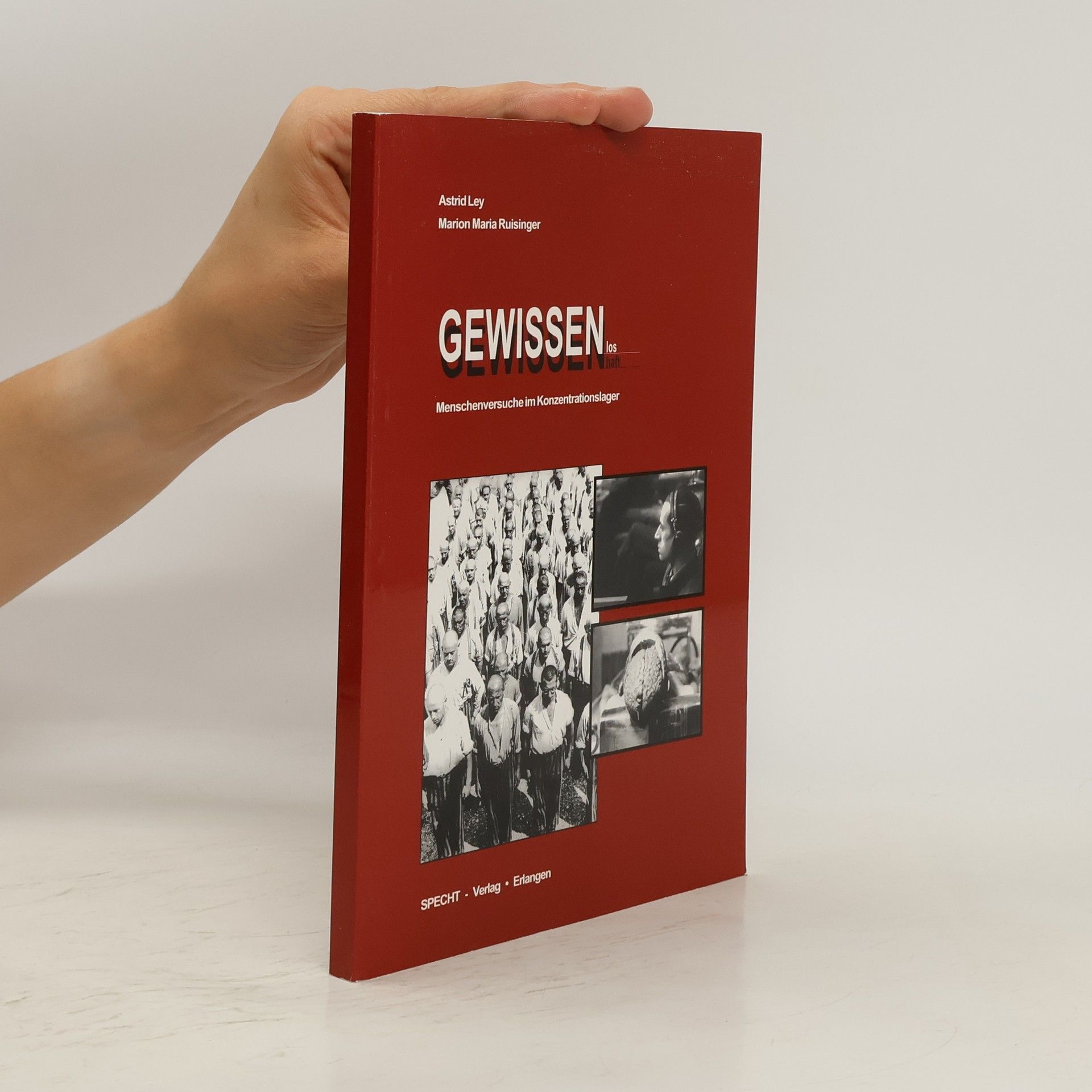Astrid Ley Book order (chronological)





Über 6300 jüdische Männer wurden nach den November-Pogromen 1938 in das KZ Sachsenhausen gebracht. Die große Mehrheit kam nach einigen Wochen unter der Auflage wieder frei, sofort aus Deutschland zu emigrieren. Viele haben deshalb überlebt. Wie wurde das Leben dieser Familien durch die erzwungene Emigration beeinflusst? Was erwartete die Emigranten in ihren Zufluchtsländern? Fanden sie eine neue Heimat? Diesen Fragen geht die Ausstellung aus der Perspektive der Kinder und Enkel jener Männer nach. Die Ausstellung erzählt die Geschichte anhand von neun individuellen Schicksalen. Die Familien, die mit Fotos und Dokumenten zur Ausstellung beitrugen und im Interview über ihre Erinnerungen berichteten, leben heute in den USA, Großbritannien, Kanada, Israel, Argentinien und Australien
This book addresses the challenges of housing and emerging solutions along the lines of three major dynamics: migration, climate change, and neoliberalism. It explores the outcomes of neoliberal "enabling" ideas, responses to extreme climate events with different housing approaches, and how the dynamics of migration reshape urban housing provision.